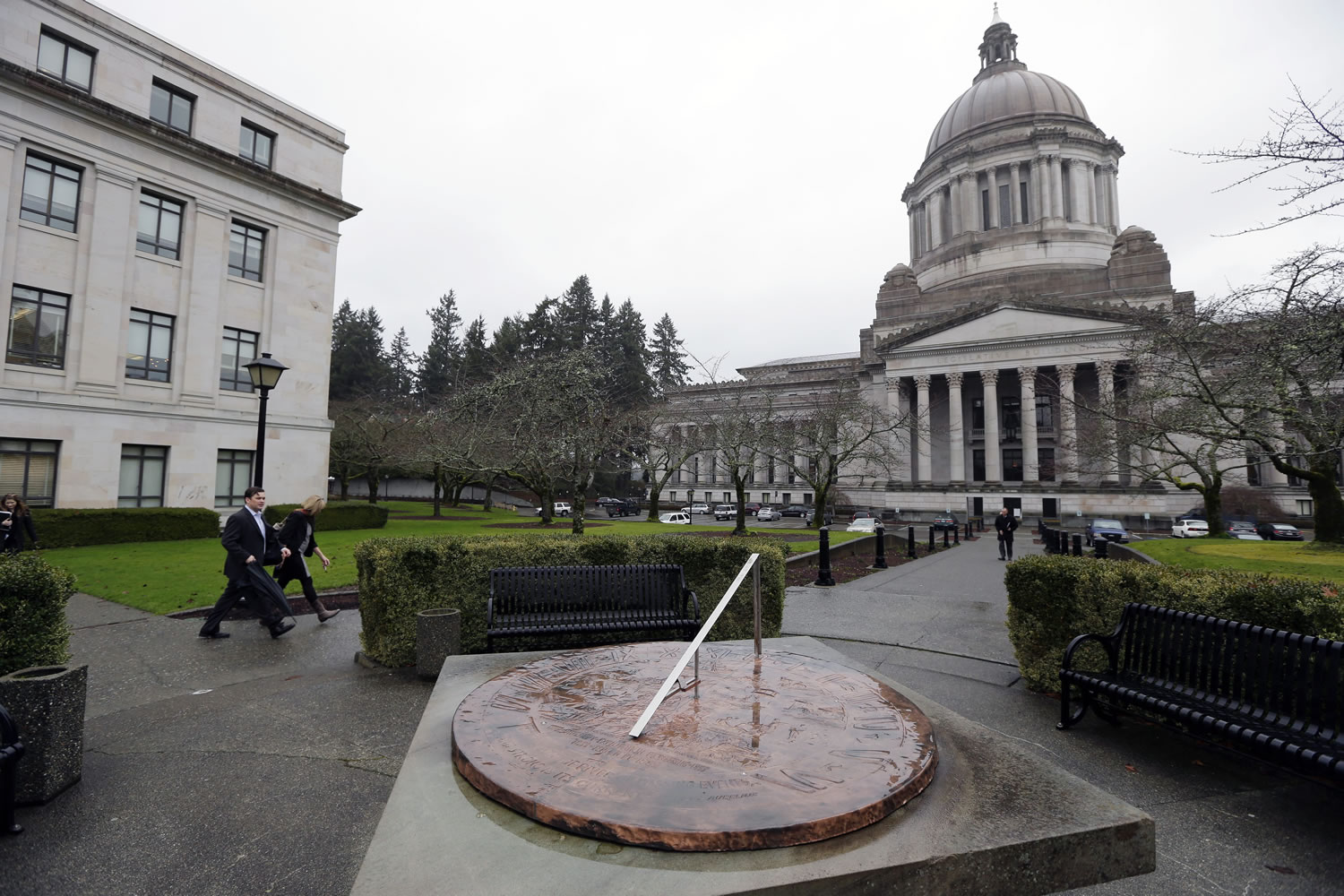OLYMPIA — Washington state’s highest court has exercised an unusual amount of power on education funding, and it’s prompted some lawmakers to raise constitutional concerns.
Before last year’s legislative session, the court ruled that the state wasn’t meeting its obligation to amply pay for basic education. In response, the Legislature added about $1 billion in school-related spending, and lawmakers widely agree they’ll add more funding in coming years.
Earlier this month, the court went a step further, analyzing specific funding targets while telling lawmakers to come back with a new plan by the end of April.
Those specific demands have irked budget writers in the Legislature.
“They are way out of their lane,” said Republican Sen. Michael Baumgartner.
Baumgartner expects lawmakers will continue adding “substantially new resources” to the state education system, but he said the court’s position could erode the proper balance of power in Olympia. Baumgartner hopes lawmakers will ignore the court’s latest demands, or he fears justices may exercise more power going forward.



